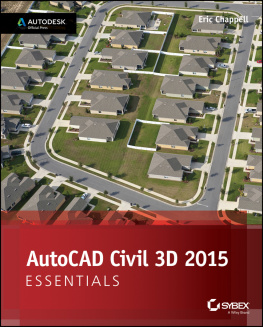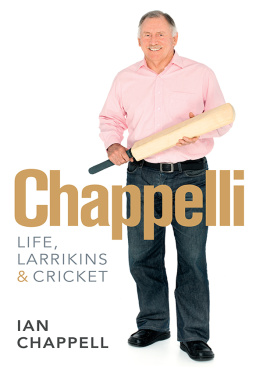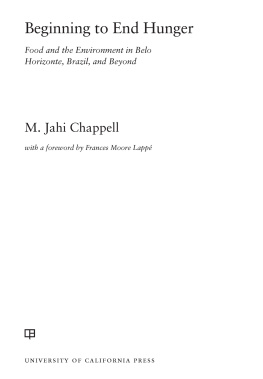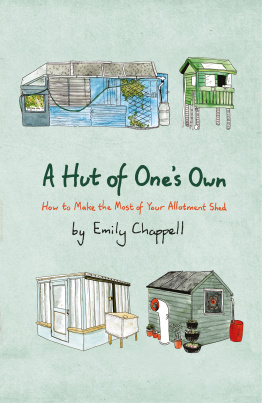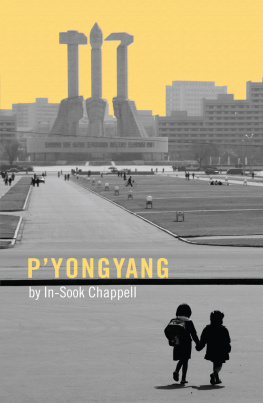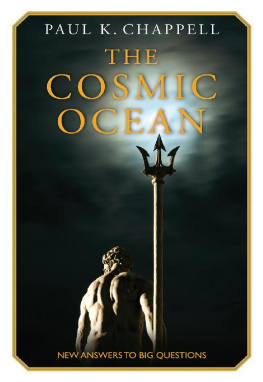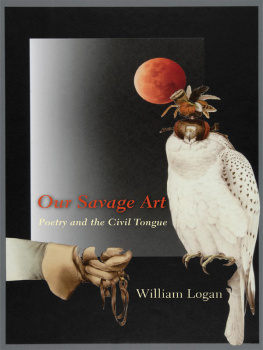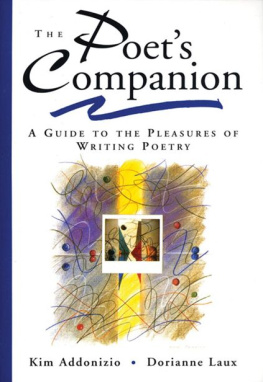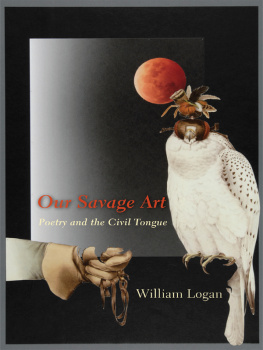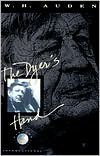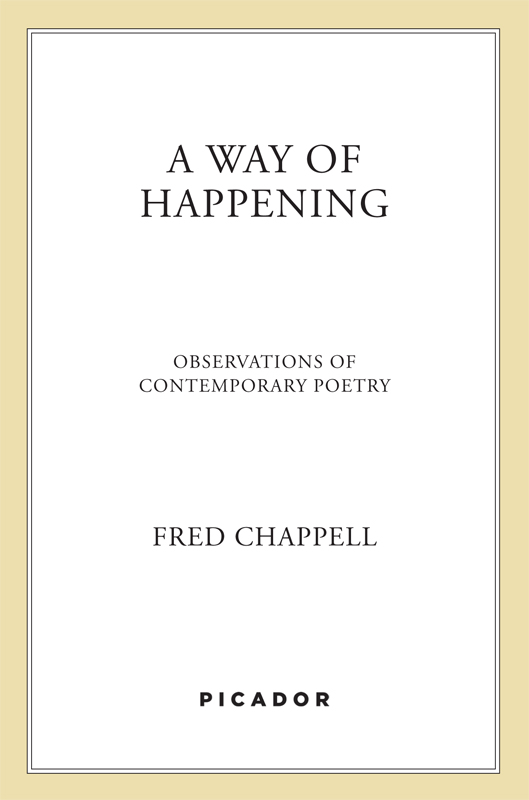
The author and publisher have provided this e-book to you for your personal use only. You may not make this e-book publicly available in any way. Copyright infringement is against the law. If you believe the copy of this e-book you are reading infringes on the authors copyright, please notify the publisher at: us.macmillanusa.com/piracy.
Contents
for
Stan and Jeannie Lindberg
Acknowledgments
First Night Come Round Again appeared in very different form in The South Atlantic Quarterly 84:1 (Winter 1985).
Attempts upon Delight: Six Poetry Books, The Kenyon Review n.s. 12:3 (Summer 1990).
Brief Cases: Naked Enterprises, The Southern Review 28:1 (Winter 1992).
All the others, except for the new introductory piece, Thanks but No Thanks, appeared in The Georgia Review as herewith, following the table of contents:
The Georgia Review 43:1 (Summer 1989); 45:4 (Winter 1991); 45:2 (Summer 1991); 46:4 (Winter 1992); 50:1 (Spring 1996); 44:4 (Winter 1990); 48:2 (Summer 1994); 47:2 (Summer 1993); 46:2 (Summer 1992); 50:3 (Fall 1996); 51:1 (Spring 1997); 47:4 (Winter 1993); 48:4 (Winter 1994); 49:3 (Fall 1995).
Thanks but No Thanks: An Introduction
Poets, the adage claims, are born, not made. And while it does not then follow in course of logic that critics are made, not born, there is a noticeable aura of made about the critic. Poetry, we might propose, arises from the spirit; criticism is committed by an intellect which has had to will itself to perpetrate the act.
But if that is true, why is the world so flooded with criticism over which the least breath of intellect seems never to have passed? I would submit three reasons:
1. Criticism is a more difficult art than most readers suppose, than many critics have recognized;
2. Much of itespecially the output of the breed known as reviewersis produced under pressure of deadline constraint and subject to the selective claims of editors;
3. The influence of literary politics is so pervasive as to be inescapable, even in the most conscientious and least partisan of writers.
To these reasons I would add a fourth not unique to the situation of literature: It is difficult to train oneself to listen to what someone else has to say, in print or in person, without interposing the force of ones own personality and permitting the tinctures of ones own prejudices to color responses that ought to be spontaneous though gravely considered, genuine though well-informed, unique but rarely cranky.
The poets responsibilities are large and the critics correspondingly are almost as large, and this is true even if the versifier is only a maker of graceful trifles and the critic is only an infrequent reviewer, a friend whom the local newspapers book editor has cajoled into doing a job of work. For what is said in print can never be unsaid, no matter how thoroughly it may later be altered, regretted, deplored, or retracted. An unfavorable review stings the poet, but an unjust review smirches, however temporarily, the work itself and mars the fair face of truth. It is a happiness that such injustice is its own avenger. The victim of an unjust review may suffer diminished sales and the desultory sneers of passing strangers who will never trouble to investigate the volume for themselves. But the author of the unjust or obtuse review is shown over time to be a fool or a knave, a toady or a cynicand this is true even when the hapless man or woman has undertaken comment in the best possible faith.
So why do some writers consign themselves to this hopeless, confused, and sometimes dangerous task? Why do not all of them always say, as I have often said when presented the opportunity to review a book or stack of books, Thanks but no thanks?
* * *
Even the obvious motives are suspect.
If I dont do it, then it will be done by those whose opinions I cannot respect. This reason would be legitimate, except that the result will obtain anyhow. No reviewer can write broadly enough, or vehemently enough, to muffle disagreeing voices. Until they are all assassinated, rival critics will continue to criticize.
Or perhaps our reviewer has urgent axes to grind, perhaps he or she is a Neo-Objectivist, or an Anti-Authoritarian or a Radical Nonfeminist or a Neo-Marxist Miscegenarian and feels that the purposes and principles of a certain school of critical philosophy need to be brought to bear upon the contemporary scene, to reward the poets who adhere barnacle-like to the received system of thought and to chastise severely those who attempt to swim on their own the uncharted seas of inspiration. This motive seems legitimate, though circumscribed, since the critic believes that the truth is on his side and makes him mighty. Its drawback is its procrustean tendency, its inability to judge fairly works that do not belong to its school of influence.
Another licit motive for criticism might be protest. A faithful reader of poetry looks about her and finds that, according to her lights, the state of poetry criticism is abysmal. The reviews she reads are mere logrolling or personal feuding, the critical pages are couched in jaw-breaking jargon or are mincing in style and pallid in content. Or they are vitiated by political prejudices of various colors. Firmness, levelheadedness, and even attentiveness seem lackingand so this faithful reader decides to become a faithful reviewer. She is trying to make up, she believes, some part of a large critical deficit.
Though there may be a tinge of messianism in her decision, it is an honorable one. Perhaps she is mistaken; maybe her standards of fairness and her attempts to reach it are no stronger or purer or better informed than those of the critics she so despises. But she has discovered a vision for her criticism and thus has taken the first step toward producing judgments that are well meant, however erroneous they may prove in the long run.
* * *
But a critic needs a strong motive, for the troubles are many and the pleasures are few. The critic makes no friends among poets, not even among those he or she praises. Poets are famously a vain race, though perhaps their skins are not measurably thinner than those of most other human beings. Yet the number is legion for whom a mountain of praise will not suffice and the slightest hint of censure will wound like an assegai. The slimmest passing adverb in a review may serve to make its author a blood enemy of that poet until Gibraltar melts. Even graceful praise can make the critic an anathema to a rival of the poet being praised.
And if the critics happen also to write poetry, then they can bid a glum farewell to the possibility of calm judgment of their own work. The literary world is a sensitive web, and when one strand trembles others tremble in sympathy. Poet-critic Robin is bent on avenging the injuries poet-critic Sparrow visited upon his friend poet-critic Waxwing, and Sparrows new book, A Diet of Worms, gives him plenteous opportunity for close analysis with scalpel, drawknife, electric drill, chain saw, and jackhammer.
The reviewer or critic desiring to acquire a reputation for the excellence of his prose and the steadiness of his judgments had better be a canny animal, for these two virtues are among those least likely to be remarked in his pages. It is more useful to know, if you are trying to make a name, which poets to review and which to overlook. The brightest and most articulate critic practicing will gain little credit by comprehending the work of Marilyn Nelson or Al Young or John Morris and writing brilliantly about it. No, he must go to the familiar names and rack his brains for something fresh to say about John Ashbery, Anthony Hecht, Jorie Graham, or evenLord forgive us!Allen Ginsberg. He must choose publishing houses as meticulously: Ecco, Knopf, Random Houseokay; Coffee House, BOA, Copper Canyonmaybe; Asahti, Crosshairs, Singing Horsedubious.



